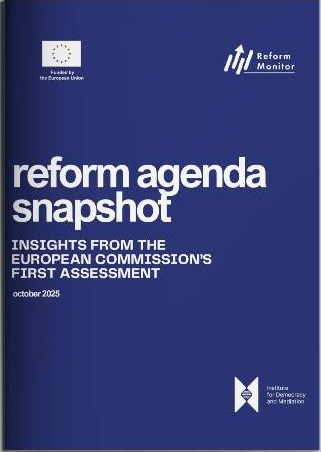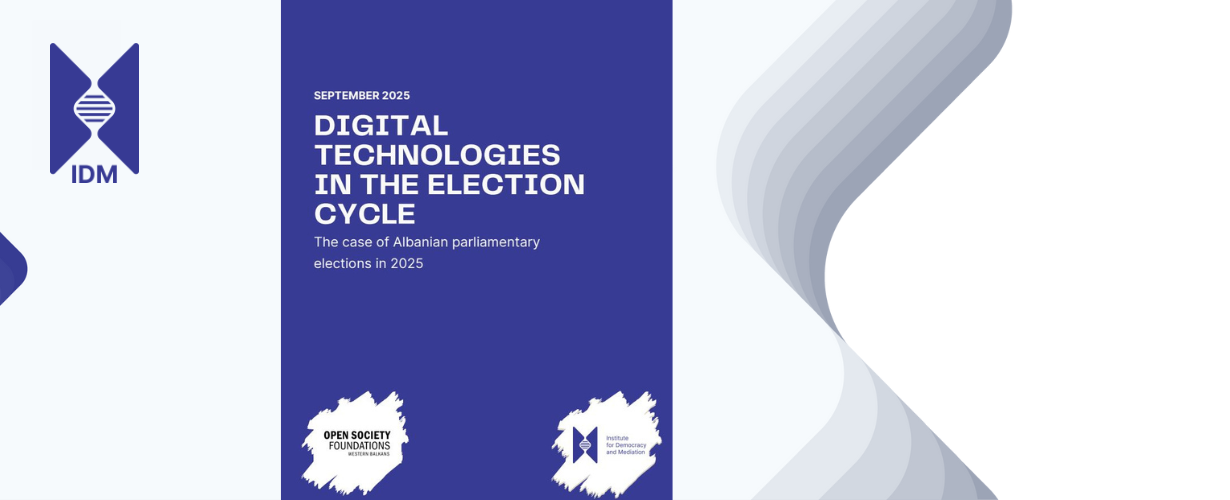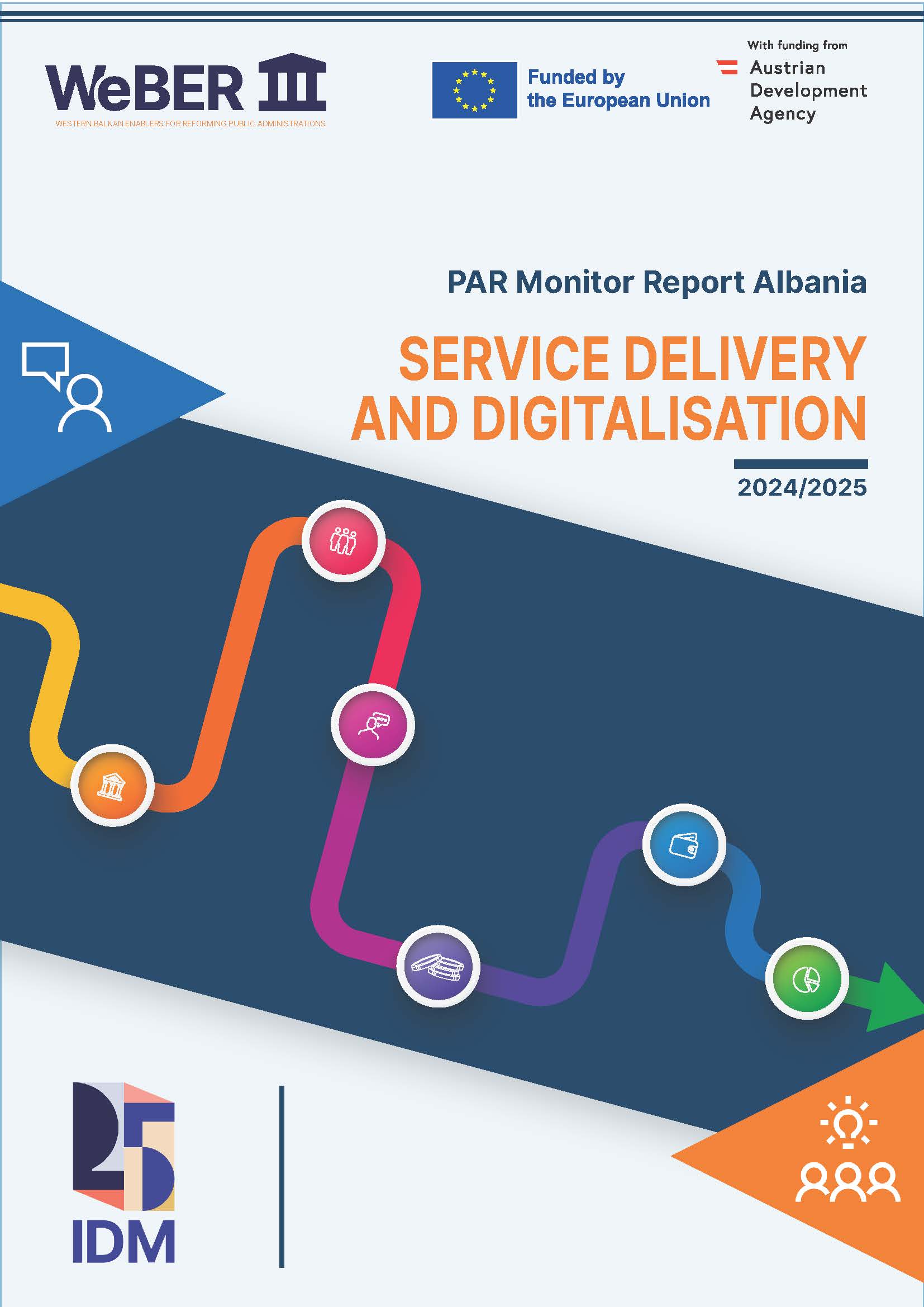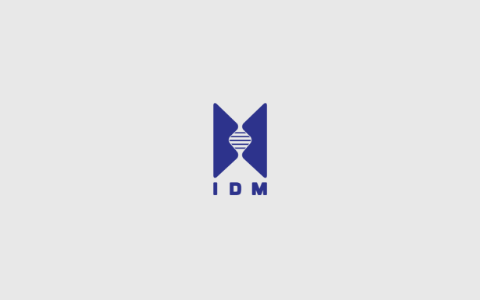Author: Alban Dafa
Shuttle lobbying
June 2019 – The warm Albanian winds of early June seem to have pushed both the Albanian government and the opposition towards the cooling winds of Berlin and The Hague. They have been on a lobbying race to influence principally German, but also Dutch, politicians’ views on the EU Council’s decision whether to open accession negotiations. Most of their efforts were concentrated on Berlin except for the seemingly unproductive visit of Acting Foreign Minister Cakaj to the Netherlands to convince his Dutch counterpart, Stef Blok, that Albania was ready to open negotiations with the EU. The chairman of the governing parliamentary group – the Socialist Party – met with members of the foreign affairs, defense, and economic and energy committees in the Bundestag. Ahead of the meetings of SP parliamentary group chair, Taulant Balla, two government ministers – Interior Minister Sander Lleshaj and Justice Minister Etilda Gjonaj – had meetings at the Federal Chancellery with Matthias Lütternberg to discuss the government achievements in justice and the rule of law. The leader of the opposition, Lulzim Basha, met with members of the German business community and government officials among whom Chancellor Merkel’s deputy foreign affairs and security issues advisor Joachim Bertele, to make the case against opening accession negotiations.
The battle for the hearts and minds of Albanians has been going through Brussels, but with an indispensable detour to Berlin. Both the government and the opposition perceive – rightly or wrongly – that progress on Albania’s EU accession path translates into political capital with the potential to secure electoral victories.
It is uncertain whether their lobbying efforts bare any impact on the decisions made in Brussels or in the member states’ capitals, but it is certain that the political instrumentalization of the accession process by Albanian political parties has severely impaired sound political debates on the future of the country as the government and opposition are currently pitted in a fierce political battle.
Two articles for highly prized interlocutors
Coinciding with the visits from the government and the opposition was the publication of two articles on Albania by German newspapers Bild and Die Welt. The Bild article reported on audio recordings suggesting cooperation between the mayor of Durres and a criminal group from the nearby town of Shijak – whose members have been arrested for production and trafficking of narcotics – for a scheme to unduly influence voters through vote-buying and coercion tactics during the Albanian general elections of June 2017. Conversely, the Die Welt report offered a different picture of Albania – one of a vibrant and young country which was tackling crime and corruption resolutely. It was embellished with statements from prominent businesspeople and from the EU ambassador Luigi Soreca.
These two articles summarize the respective positions of the government and opposition concerning accession negotiations: The government claims progress on EU-related reforms and in the fight against crime and corruption and calls for opening negotiations; the opposition maintains that the EU path has been blocked by Prime Minister Rama’s government due to “corruption, collusion with organized crime, and state capture.”
The primary target audience of these articles were German government stakeholders and potential investors who might wield influence in the German government. Consequently, the Bild article fits well with the meetings Mr. Basha held in a fora with The Economic Council and government officials from the CDU/CSU, whereas the report from Die Welt suggests an effort to strengthen the Albanian government’s narrative while countering Basha’s.
Layers of instability
This heightened level of engagement would be hard to imagine if the decision on accession negotiations were not considered against the background of an institutional crisis and the impending local elections of 30 June, which the opposition has boycotted
The February 2019 decision of the opposition to rescind their mandates virtually en block (only three MPs having refused) is the direct result of the ineffectiveness of the Assembly to deal with the pressing issues of corruption, organized crime, and concentration of political and economic power. Instead of setting clear parliamentary standards of conduct through constructive debates on the most effective approaches to deal with those issues, Albanian political parties have created a parliamentary life which lacks civility, thoughtfulness, and effective debate.
In addition to the dysfunctional Assembly, a dysfunctional Constitutional Court – as a result of the so-called “vetting process” – has severely complicated the political and administrative process for the impending local elections. Instead of finding a compromise within constitutional bounds through dialogue, the government and the opposition have opted to pursue antagonistic courses of actions whilst soliciting the support of EU member states.
The engagement of the EU and its member states have arguably contributed to an added layer of instability as coalitions are reshuffled and positions reappraised after the dramatic results of the EU parliamentary elections. The post-election uncertainties have given Albanian political actors the opportunity to leverage statements made by outgoing EU officials and those whom they perceive as likely to influence the future of Europe to rationalize their own decisions.
A different approach needed
The current impasse has developed similarly to the 2017 crisis prior to the June general elections. In February 2017, the opposition, led by Mr. Basha, boycotted the Assembly, but did not rescind the mandates. Its boycott was followed by the occupation of Mother Theresa Square for three months as they demanded that a caretaker government oversee the forthcoming June elections. The boycott lasted until May 18th when Basha and Rama made an agreement – “Mcallister +” – establishing a caretaker government overseeing the elections. It was achieved through the mediation of Hoyt Brian Yee, U.S. deputy secretary of state for European and Eurasian affairs based on a proposal by David Mcallister, chairman of the European Parliament’s foreign affairs committee.
It is becoming clear that foreign-mediated agreements are not sustainable. Believing to have external support, both parties are exercising a frightful level of political immaturity by continuing their attempts to exploit the fears and interests of both the public and the country’s foreign partners to force on one another their respective political wills on the impending June elections and the accession process. Meanwhile, fissures among Albania’s partners – the US, the EU, and the mixed signals from Germany – on solving the crisis are becoming clear.
Instead of bringing greater stability and prosperity, the Europeanization process has been manipulated by domestic actors with tacit acquiescence from external actors who have been willing to opt for short-term stability over democracy. Consequently, domestic actors have been more inclined to eschew bipartisanship thus producing a state of chronic crisis of instability. It is unlikely that the current deadlock will be resolved as in May 2017. Both parties have been much invested in their respective positions and June 30th is imminent. They refuse to heed to criticism thus assuming such dogmatic positions as to consider any statements coming from Brussels, Berlin, or Washington D.C. as supportive for their cause.
Despite the outcome of the current situation, all parties will be weaker: the domestic actors will have severely undermined the state institutional framework and norms, while the image and credibility of Albania’s partners as unbiased mediators will be tarnished. A different approach is needed by both domestic and external actors. Democratic reforms focusing on elections, internal party democracy, representation, and government accountability ought to steer the political discourse rather than the completion of technical accession requirements, which are rather unsubstantial for the well-being of the citizens.






